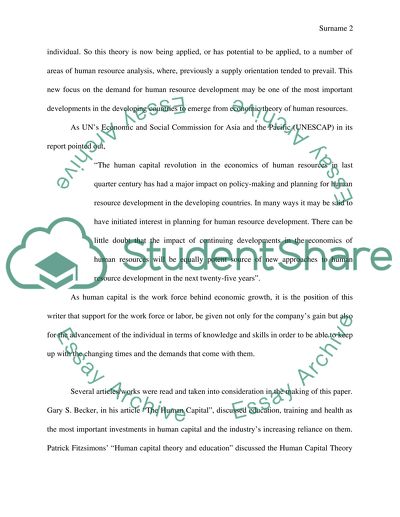Cite this document
(The Role of Human Capital in Economic Growth Research Paper, n.d.)
The Role of Human Capital in Economic Growth Research Paper. Retrieved from https://studentshare.org/human-resources/1460047-human-capital-
The Role of Human Capital in Economic Growth Research Paper. Retrieved from https://studentshare.org/human-resources/1460047-human-capital-
(The Role of Human Capital in Economic Growth Research Paper)
The Role of Human Capital in Economic Growth Research Paper. https://studentshare.org/human-resources/1460047-human-capital-.
The Role of Human Capital in Economic Growth Research Paper. https://studentshare.org/human-resources/1460047-human-capital-.
“The Role of Human Capital in Economic Growth Research Paper”, n.d. https://studentshare.org/human-resources/1460047-human-capital-.


